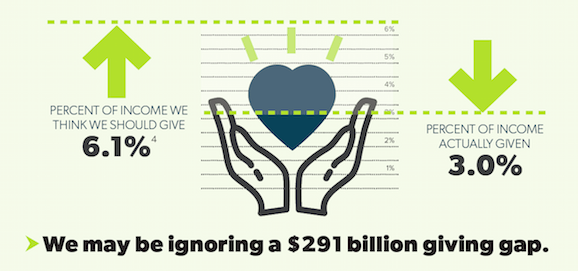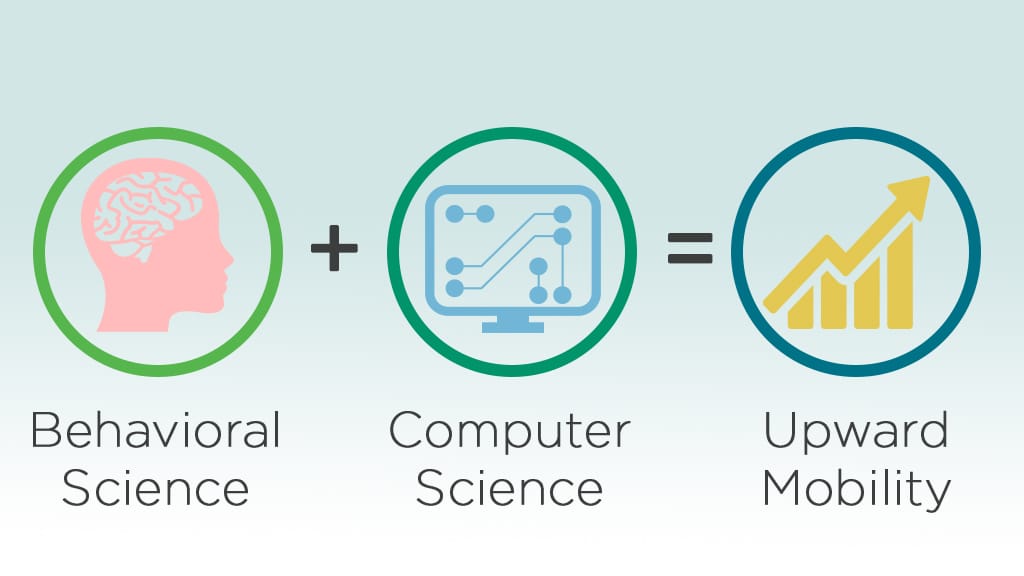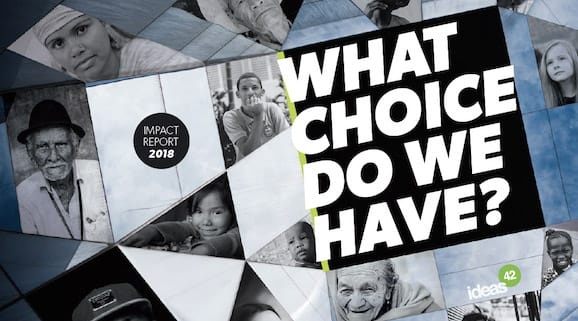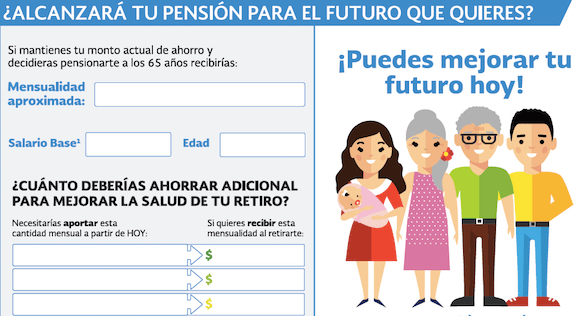
Want Generous, Intentional, and Informed Giving? Try Behavioral Science
by Omar Parbhoo
It’s often said that Americans are exceptionally generous, and fortunately, it’s a claim that’s well supported by the numbers. In 2016 alone, U.S. households donated over $282 billion to charities worldwide. And when compared globally, the U.S. consistently ranks as one of the most altruistic countries by the World Giving Index. But do these absolute […]










